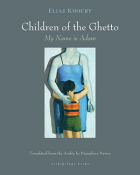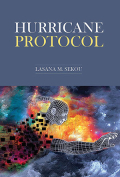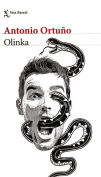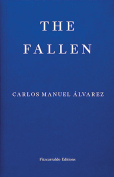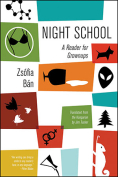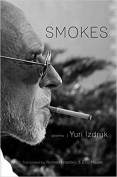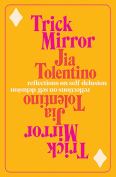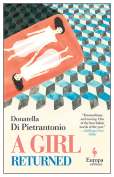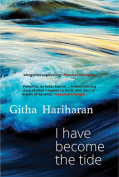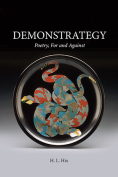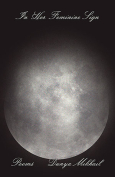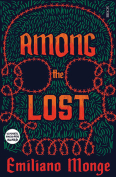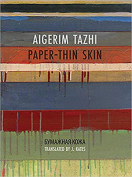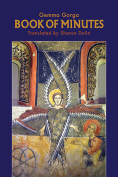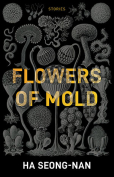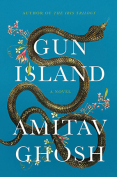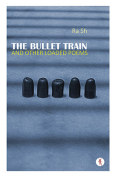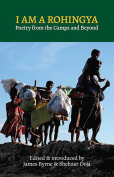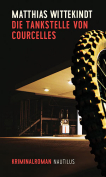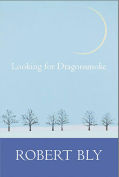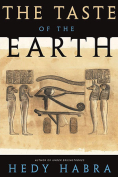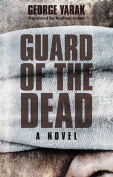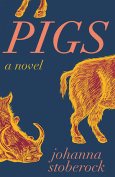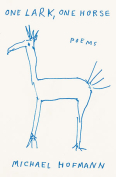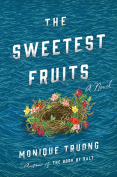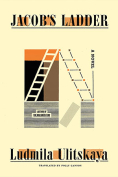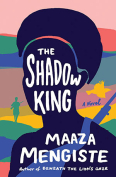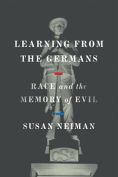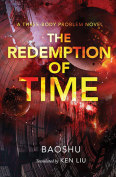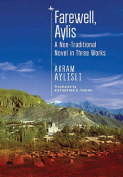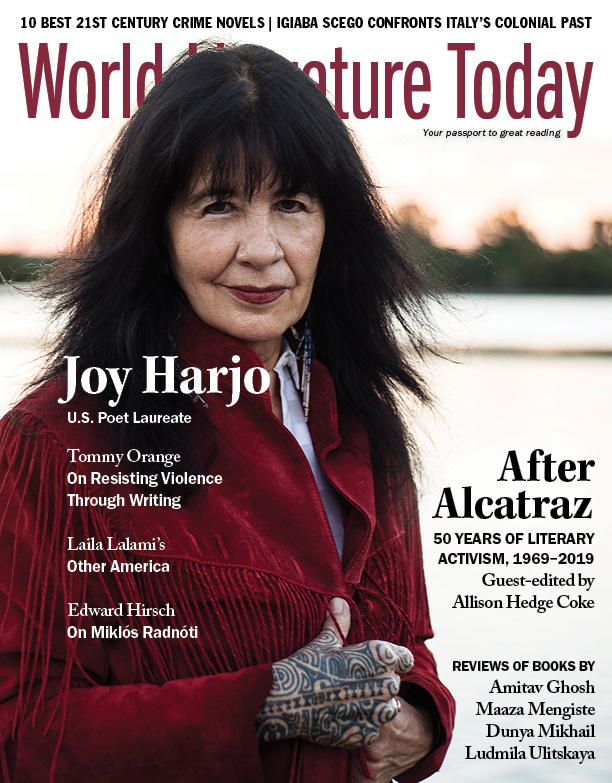The Sweetest Fruits by Monique Truong
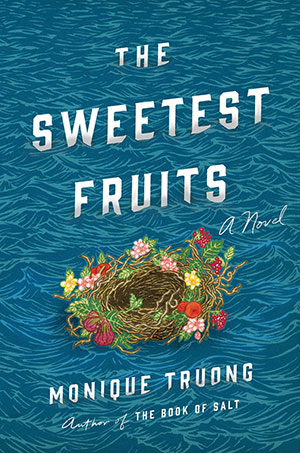 New York. Viking. 2019. 304 pages.
New York. Viking. 2019. 304 pages.
Monique Truong chose “Tell all the truth but tell it slant,” a line from Emily Dickinson, as the epigraph for her provocative third novel, The Sweetest Fruits—a story of writer Lafcadio Hearn (1850–1904) told from the perspective of four women who knew him at various points in his life. Each has her say as Truong imagines different understandings of the iconoclast and shape-shifter who was born Patricio Lafcadio Hearn and died Koizumi Yakumo.
Those transformations suggest a fascinating man, yet he is not Truong’s subject: the women are. Drawn to voices ignored, lost, or suppressed, Truong begins with Rosa Antonia Cassimati, his Greek mother. Hearn’s father, an Irish officer, insists on taking their young son from Lefkada, the island of his birth, to Ireland, then forces his mother to return to Greece alone. Tenacious and proud Rosa, who can neither read nor write, dictates her story to an amanuensis as a legacy to her beloved boy.
Ever the wanderer, Hearn lands in Cincinnati, where he marries Alethea Foley, a former slave, while establishing himself as a journalist. After learning about Alethea through her research, Truong depicts a gifted storyteller recounting her experiences to a newspaper reporter two years after Hearn’s death in hopes of being acknowledged as wife and heir in the court of public opinion.
The next speaker-interpreter is Setsu Koizumi, daughter of a Samurai warrior and mother of four children by Hearn during their fourteen-year marriage. Initially sent to Japan on assignment from an American newspaper, Hearn metamorphosed into Koizumi Yakumo, a highly regarded writer—with Setsu an unsung collaborator. She boldly narrates her version of that fraught relationship to the spirit of her late husband while writing what was eventually published as Reminiscences of Lafcadio Hearn (1916).
Throughout these three narratives, Truong weaves excerpts from Elizabeth Bisland, author of the first biography of Hearn (1906). Her account often differs from that of Rosa and Setsu, and she omits Alethea (allegedly to protect Hearn from what was considered at the time a scandalous interracial relationship). Truong complicates the power dynamics further with issues of language, translation, and orality versus written text. Rosa reminds Patricio to remember that “Venetian and Romaic were our languages, and English was theirs.” Alethea describes how Hearn bullies her with his skill as a wordsmith: “I heard his words, but I wasn’t always sure what I was meant to understand.” Shrewd Setsu is supposed to send her remembrances to Bisland for the official biography but admits, “I was determined to hold on to what was mine . . .
storytelling was what I knew; story writing was your [Hearn’s] domain.”
In The Sweetest Fruit, Truong continues to explore migration, displacement, and the search to belong as seen in The Book of Salt (2003) and Bitter in the Mouth (2010). In this new novel, as in the earlier two, food is cultural marker, symbol, and key ingredient of her lyrical style. She opens with appetite (“Patricio Lafcadio Hearn was born hungry”) and serves up sumptuous images throughout. Pregnant Rosa craves whelks, cockles, and sea urchins, “their egg yolk bodies scooped onto chunks of bread.” Alethea takes pains to perfect a seven-layer stack cake with stewed apple filling. Hearn belies his predilection for the exotic by preferring traditional British fare of morning toast, beef roast, even a garnish of parsley.
By “telling it slant,” Monique Truong brings to life brave, spirited women left out of a history that privileges what Toni Morrison called “the master narrative.” In doing so, she humanizes rather than diminishes Hearn. Through disparate, often contradictory narratives, she invites further investigation: keep telling it slant, whatever it takes, to reveal, as Dickinson writes, “truth’s superb surprise”—that sweetest of all fruits. A worthy endeavor at any time, it’s an especially urgent one today.
Renee Shea
Columbus, Ohio


